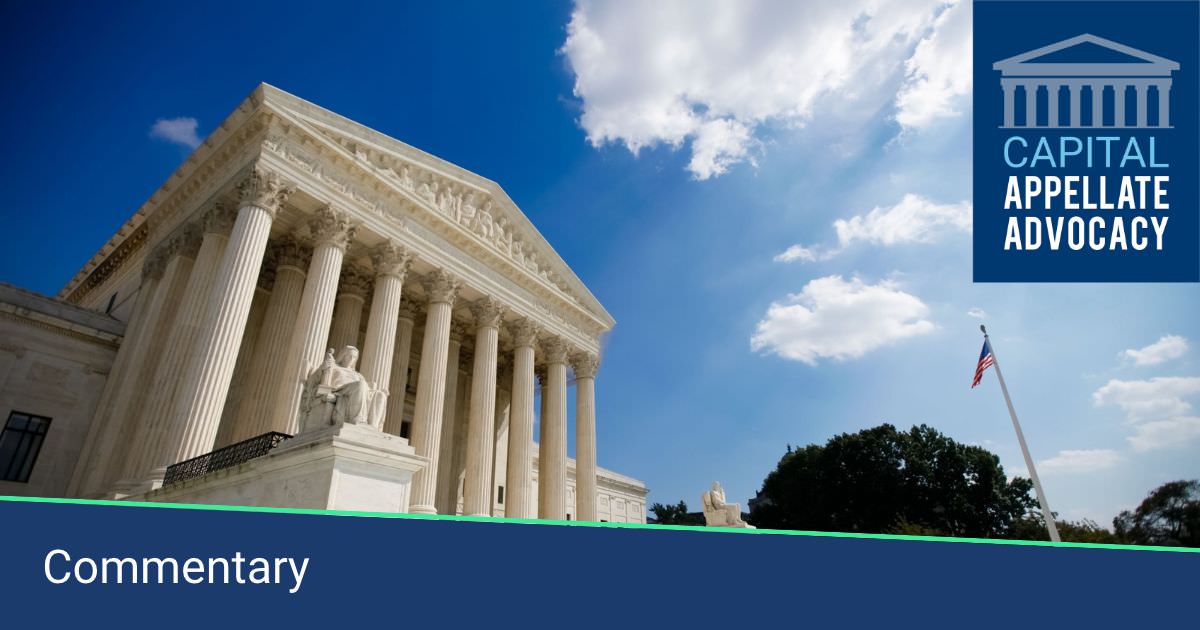Federal preemption aficionados will find today’s seemingly ho-hum Supreme Court decision in Gobielle v. Liberty Mutual Ins. Co. to be of considerable interest. The Court held that ERISA expressly preempts a Vermont statute requiring disclosure of ERISA-regulated health care plan payment information. According to Justice Thomas’ concurring opinion, ERISA “contains what may be the most expansive express pre-emption provision in any federal statute”—so expansive because the statute expressly preempts “any and all State laws insofar as they may now or hereafter relate to any employee benefit plan.” In prior ERISA cases, the Court has rejected “uncritical literalism” and instead adopted “workable standards” to avoid extending the phrase “relate to” to “the furthest stretch of its indeterminacy.”
The new wrinkle, discussed in Justice Thomas’ concurring opinion, is dicta questioning whether avoiding literal application of the preemption provision’s expansive text—an application that might render the preemption provision unconstitutionally broad—is consistent with the Court’s preemption jurisprudence. Justice Thomas notes in this regard that the Supremacy Clause only applies to statutes that are made in “Pursuance” of the Constitution.

